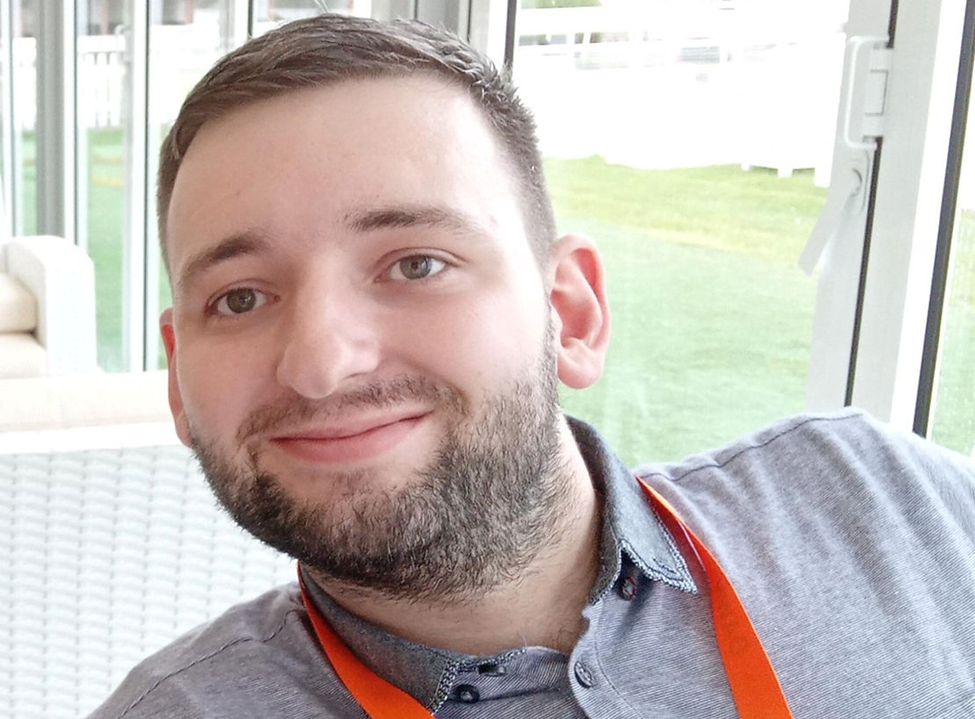The Authentic Portrayal of NessaRose by Marissa Bode in Wicked May Signal a Crucial Turning Point in the Film Industry for People with Disabilities By: Jason Hahr

Above is a photo of Marissa Bode from Getty Images Anyone who follows this blog or knows me knows I love theater and film. I even went so far as to get a degree in drama at college. While I love “straight plays,” which are plays without musical numbers, I am obsessed with musicals. I love all the standard ones such as “Rent,” “Avenue Q,” and “Les Mis.” However, I only knew part of the story because I listened to the soundtrack. That changed this past November when Wicked, the motion picture, hit theaters. I went to see the movie with my girlfriend, Samantha LeBron, who is not as big a musical fan as I am. Because I didn’t know the story well, I was unaware that a character was in a wheelchair. Universe, please forgive me for being late to the party. The movie was great, and the character in a wheelchair was portrayed extr...

